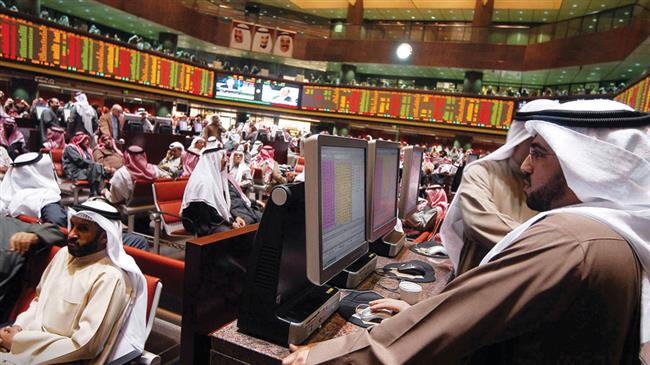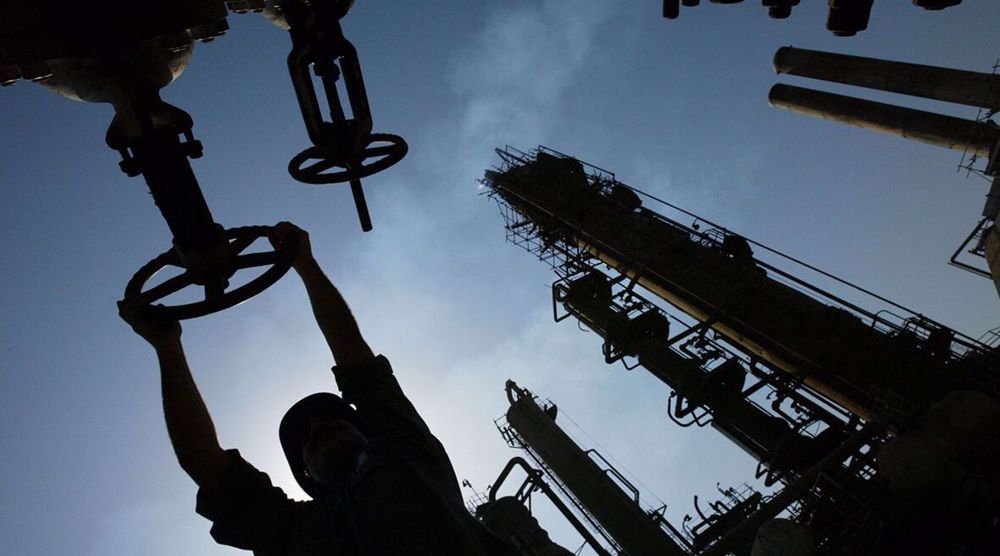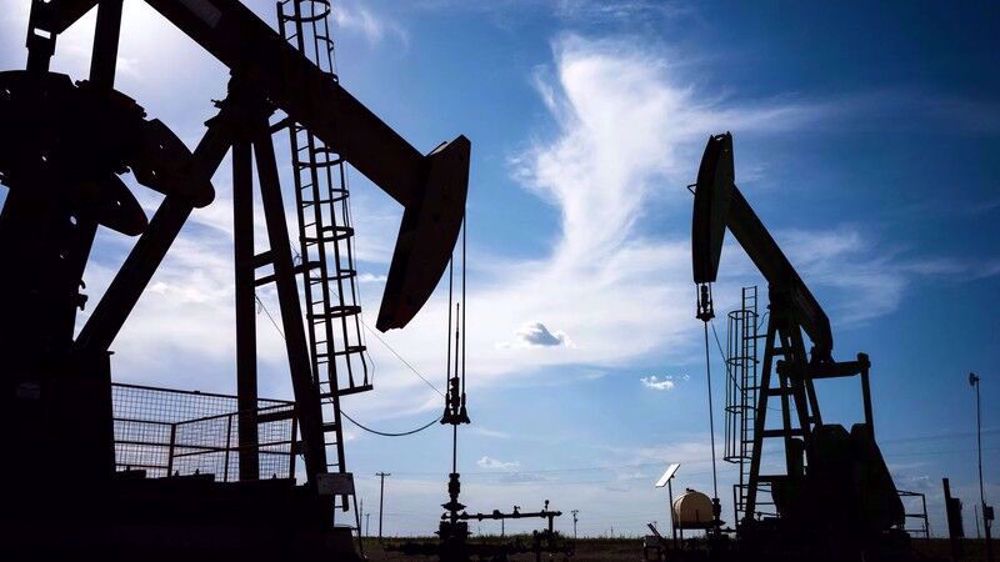Persian Gulf Arab markets in for storm after attack
Rising geopolitical tensions highlighted by alleged sabotage against commercial vessels off the emirate of Fujairah have darkened the mood in the Persian Gulf markets, raising fears that a storm may be on the way.
Equity markets in the energy-rich states had already been jittery amid regional uncertainty, but the mysterious attack near the world’s second largest bunkering port on Sunday caught investors by surprise.
Saudi Arabia said on Monday that two of its oil tankers were among those attacked off the coast of the United Arab Emirates and described it as an attempt to undermine the security of crude supplies.
The announcement came a day after the UAE said four commercial vessels had been sabotaged near Fujairah emirate, despite initially denying reports of an attack.

Saudi Arabia is the largest producer in the Organization of the Petroleum Exporting Countries (OPEC) and the UAE is the third.
Oil futures on Monday rose more than a dollar on concerns about supply disruptions in the market which is already under pressure from Washington’s bid to cut Iran’s oil exports to zero and reduce exports from Venezuela.
Global benchmark Brent crude futures gained about 1.9% to trade at $71.75 a barrel. US crude oil futures gained about 1.6% to settle at $62.48.
Stock markets suffer worst decline in years
But the worst havoc of all was wreaked on the Persian Gulf stock markets suffering their biggest single-day decline in years.
Saudi shares had their worst day since mid-October, declining 3.6%. Insurance companies were among the biggest drags on Saudi Arabia’s index which has declined nearly 10% since the start of May.
GUCI insurance company and Salama Cooperative Insurance each fell 10%, while Al Rajhi Bank dropped 4.6% and petrochemical group Saudi Basic Industries fell 5.1%.
The Dubai index was down 4% in the sharpest single-day decline since June, 2016 with 26 of 37 stocks falling and none rising. Abu Dhabi's index was down 3.3%, its biggest one-day drop since January, 2016.
Financial and real estate stocks were hit the hardest, with First Abu Dhabi Bank, the UAE's biggest bank, shedding 3.1% and Emirates Telecommunications Group dropping 5.7%.
Qatar shares were down 2.1 percent and Kuwait Bourse was 1.2 percent lower while the small bourses of Oman and Bahrain were down 0.16 percent and 0.6 percent, respectively.
According to Mihir Kapadia, chief executive of Sun Global Investments, the declines in the Persian Gulf markets reflected jittery sentiment among investors amid regional uncertainty.
"The sabotage attack of two Saudi oil tankers off the coast of the UAE has surprised investors who are already jittery due to rising trade tensions between the US and China," he told Reuters.
The attack on Sunday marked a break with the past by the UAE and Saudi governments which had mostly denied before any claim of retaliatory assaults from Yemen on their sensitive economic sectors in recent years.
Earlier this month, the Wall Street Journal confirmed that the Houthis had hit Abu Dhabi Airport hundreds of miles from Yemen, soon after the Aramco attack in Saudi Arabia on July 26, 2018.
At the time, the government of the United Arab Emirates denied there had been a successful drone attack.
"The reason for the cover story was that there was this concern that had it gone publicly known that there was a successful attack, even though the damage was somewhat marginal, it could have had widespread economic ramifications for UAE and other countries in the Persian Gulf region," the paper said.
Fujairah and Dubai have traditionally been a major trading hub. Fujairah, once a sleepy fishing village, has transformed itself into one of the world’s top tanker refueling and oil storage hubs. It is currently the world’s second-largest bunkering port after Singapore.
While the cause of the attack and the possibility of forces behind it remains unknown, the incident revealed the extent of vulnerability among the Persian Gulf to such acts of “sabotage”.
Gloomy outlook
Last month, a quarterly Reuters poll of economists lowered growth outlook in the Arab Persian Gulf economies.
According to Deutsche Bank’s Middle East and Africa CEO, market sentiment is not great for Persian Gulf states, acknowledging the concerns that investors have held about the region in recent years.
On the flip side, the regional Arab rulers play a second fiddle to the prevailing uncertainty through a series of policies which stir tensions in the region.
The Trump administration has been quietly working to forge a new alliance with the six members of the Persian Gulf Cooperation Council, nicknamed "Arab NATO", with the purported aim of countering Iran.
Last week, the United States sent an aircraft carrier task force, bombers and other assets into the region in a further escalation.
According to London-based consultancy Capital Economics, “a slowdown has almost certainly got underway at the start of 2019” in Saudi Arabia.
The UAE fell into deflation in January, with property prices in the commercial hub of Dubai down some 25 percent since 2014.
Bahrain had to get a $10 billion aid package from its from its neighbors late last year, and Moody’s stripped Oman of its last investment-grade rating.
VIDEO | Report flags India’s violation of rights of Rohingya detainees
Turkey's foreign minister meets Syria's de facto leader in Damascus
'Next to impossible' to rescue patients from Gaza's Kamal Adwan Hospital: Director
VIDEO | Vietnam current prosperity
Report blames gasoil exports for shortage at Iranian power plants
VIDEO | Hind Rajab Foundation names Israeli war criminals vacationing after Gaza genocide
VIDEO | Australians rally for Gaza ahead of Christmas festivities
VIDEO | Attacks on Sana'a











 This makes it easy to access the Press TV website
This makes it easy to access the Press TV website